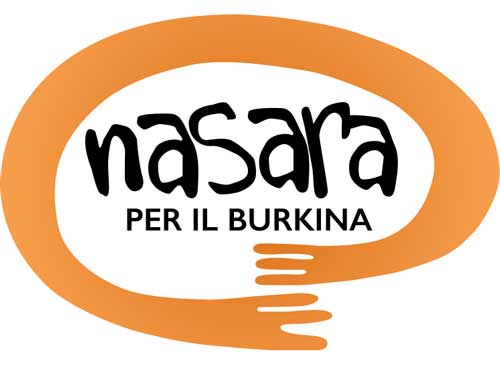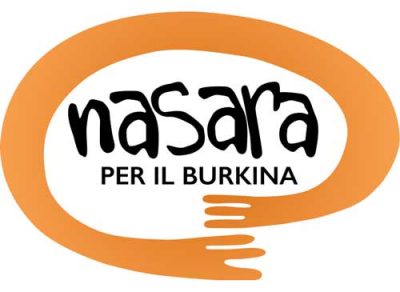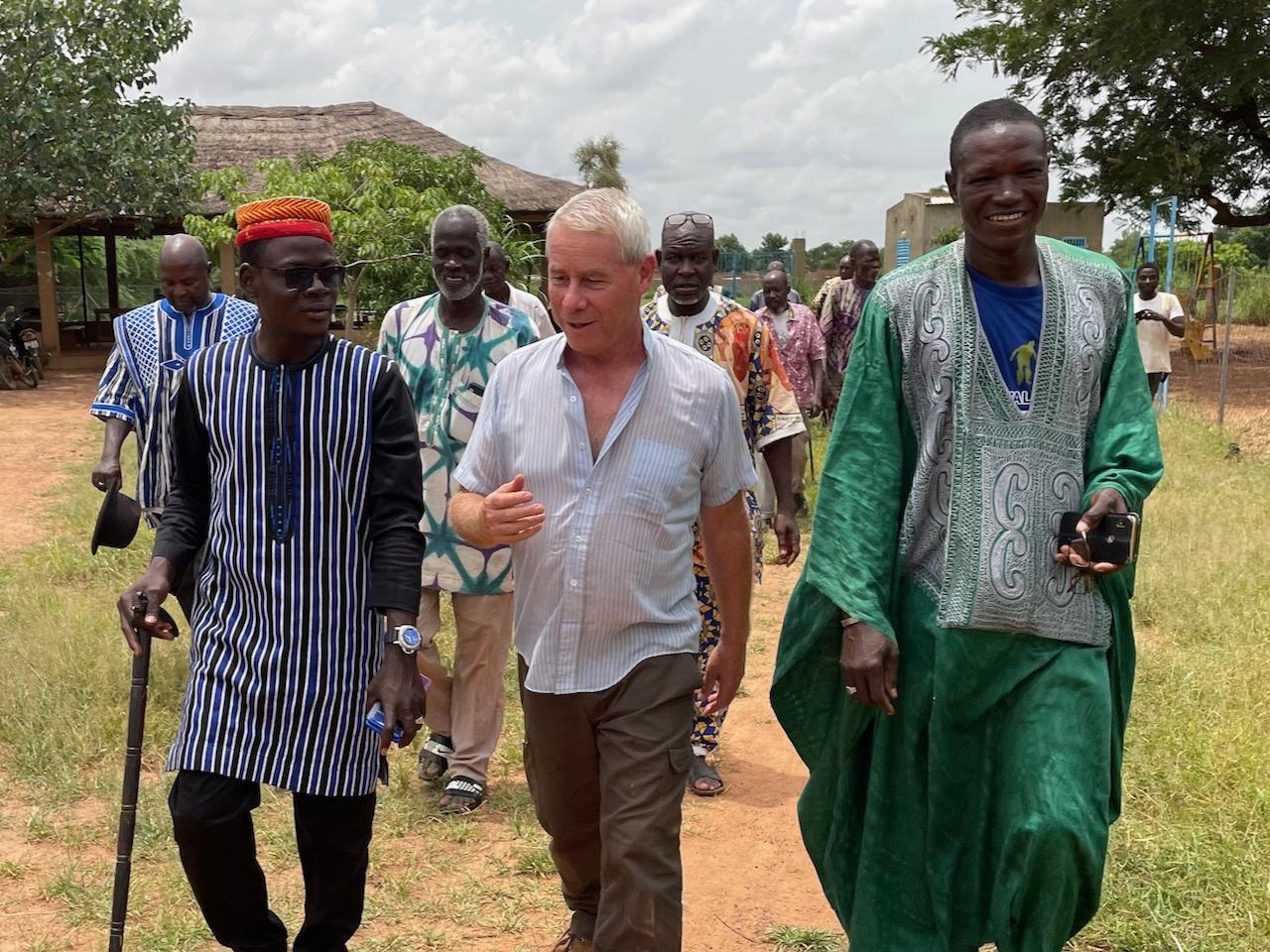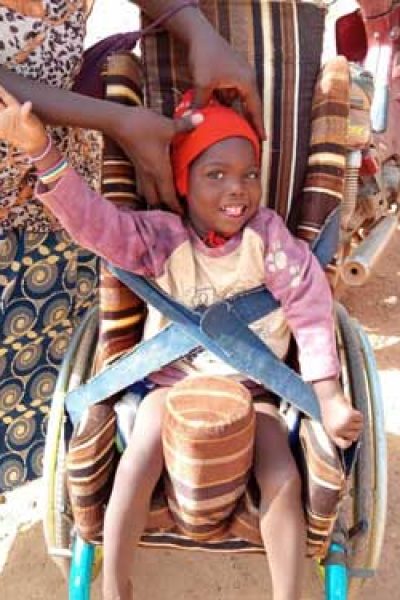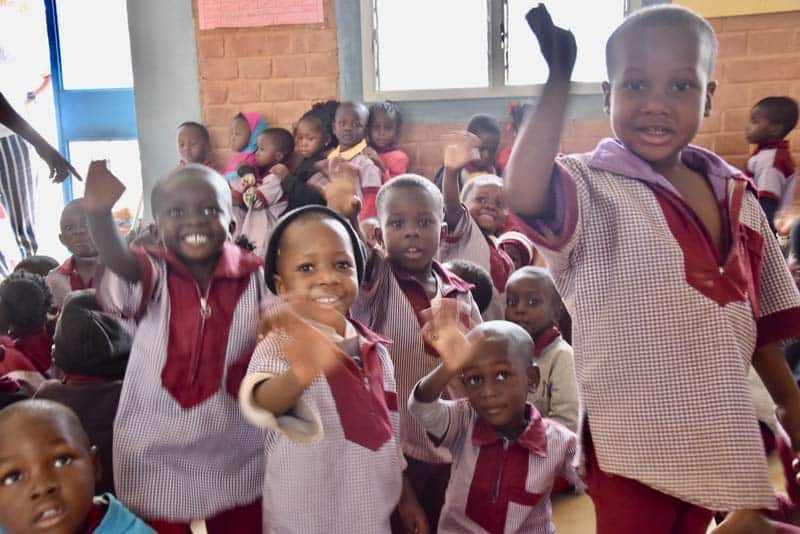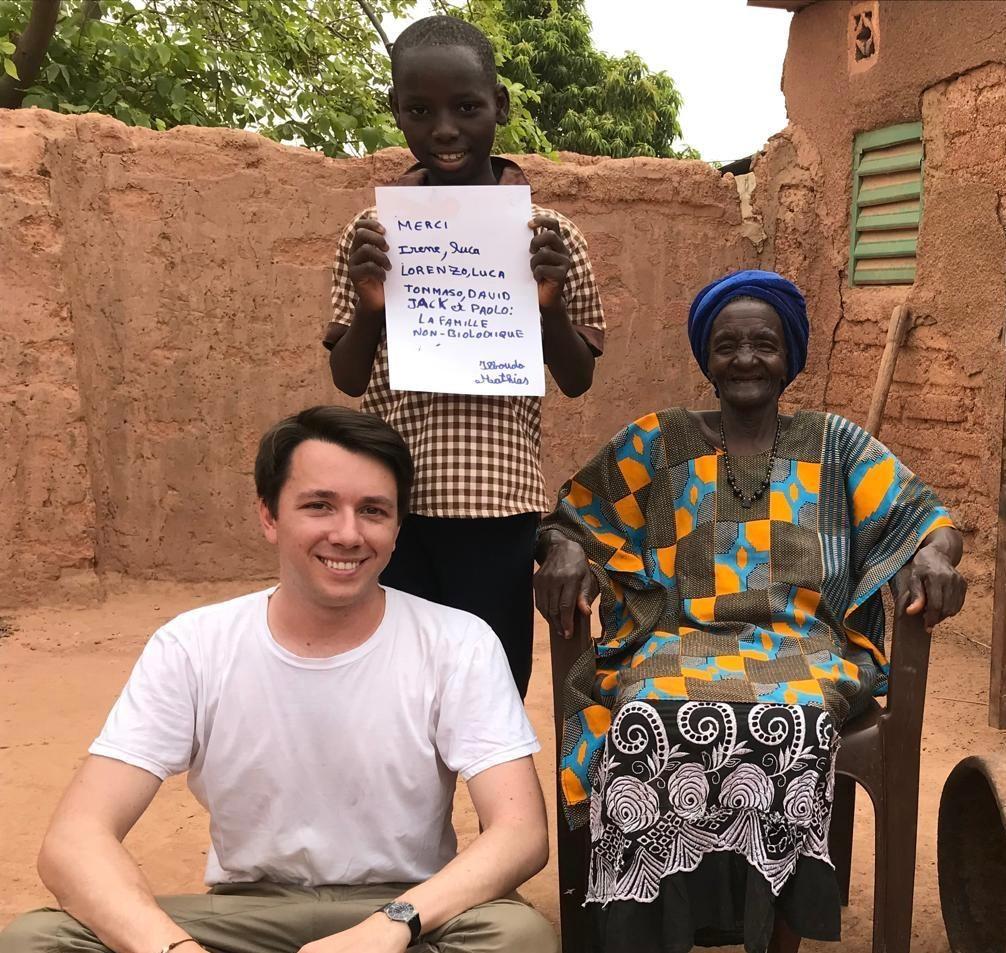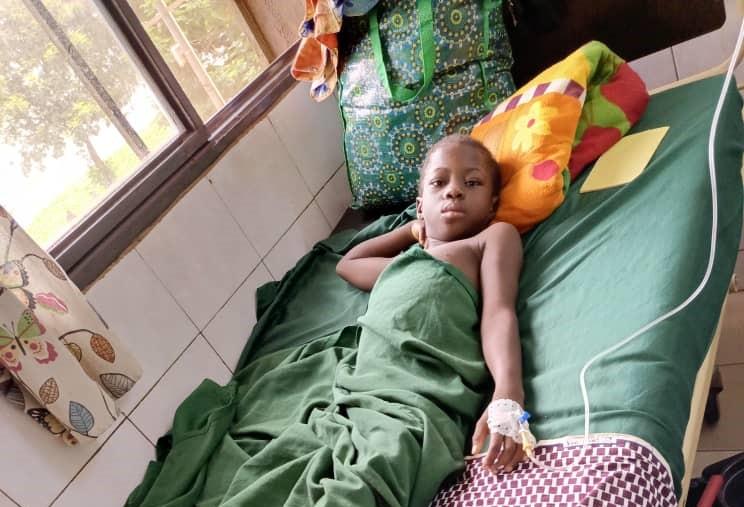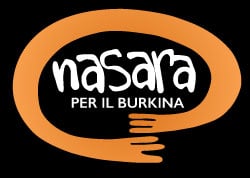Most of the activities we carry out in Burkina Faso would not have been possible if, since 2013, we did not have an efficient base of operations located right in the centre of our main area of intervention: the unplotted district of Djicofè, on the eastern outskirts of the capital Ouagadougou.
We can therefore define this centre as the most effective means of achieving the humanitarian goals (Social Health Care) that we aim to achieve.
The operational headquarters in Djicofè has a 14,000 square metre plot of land, completely fenced in and owned by the Camillian Friars congregation. Our association uses the land on a 30-year free loan (expiring 2043).
Over the years, we have equipped the area with logistical facilities that allow us to be totally autonomous and efficient in a neighbourhood where every essential service is lacking, such as drinking water, electricity, sewage, roads, …
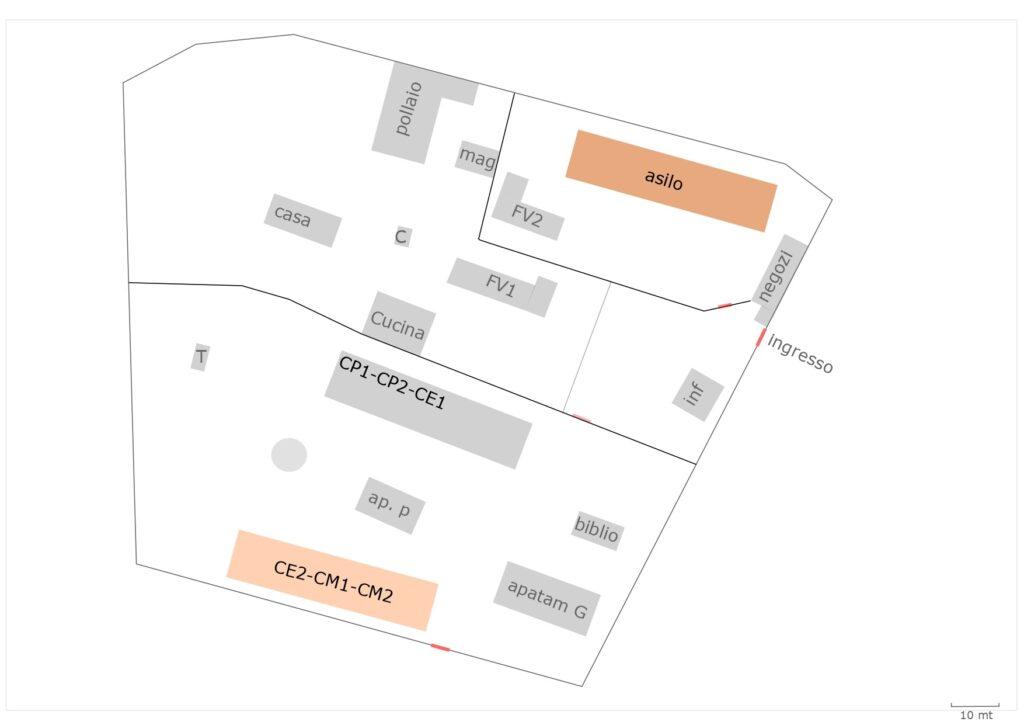
For a view on Google Maps use the Plus Code ‘8HW4+2PP Ouagadougou, Burkina Faso‘.
Employee Personnel
At the Social Centre we have 20 employees (40% men and 60% women) who are regularly employed and are distributed among the various departments:
- Kindergarten management: 3 graduate teachers, 3 assistant teachers
- Primary school management: 6 graduate teachers
- Kitchen and cleaning centre: 1 cook, 2 kitchen helpers
- Centre management: 3 wardens, 1 accountant, 1 secretary
Material assets
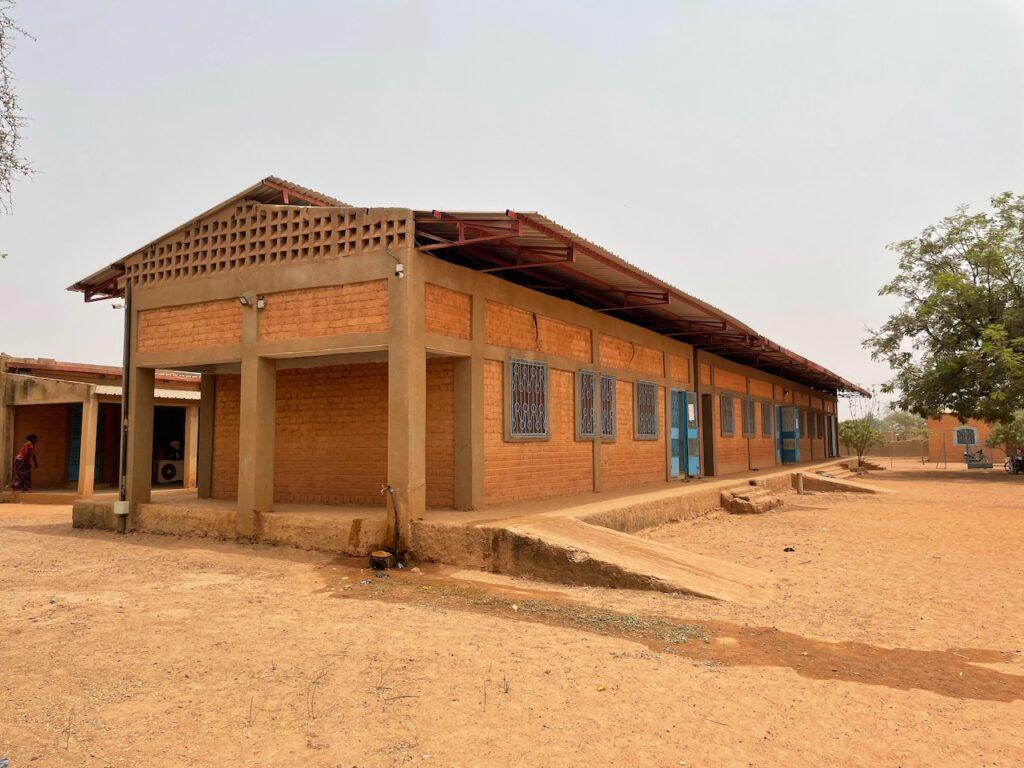
Among the Centre’s material assets we can certainly mention all the logistical installations needed to provide services to large communities of people.
Being able to rely on a powerful and effective logistical base, as our Centre is now, it is intuitive to realise that any activity one wants to start (or continue) will be feasible with minimal costs, as it is only necessary to focus on the few specific activities that are missing.
It is in this sense that we consider the logistical facilities of the Djicofè Social Centre as necessary tools and means for the pursuit of General Interest Activities.
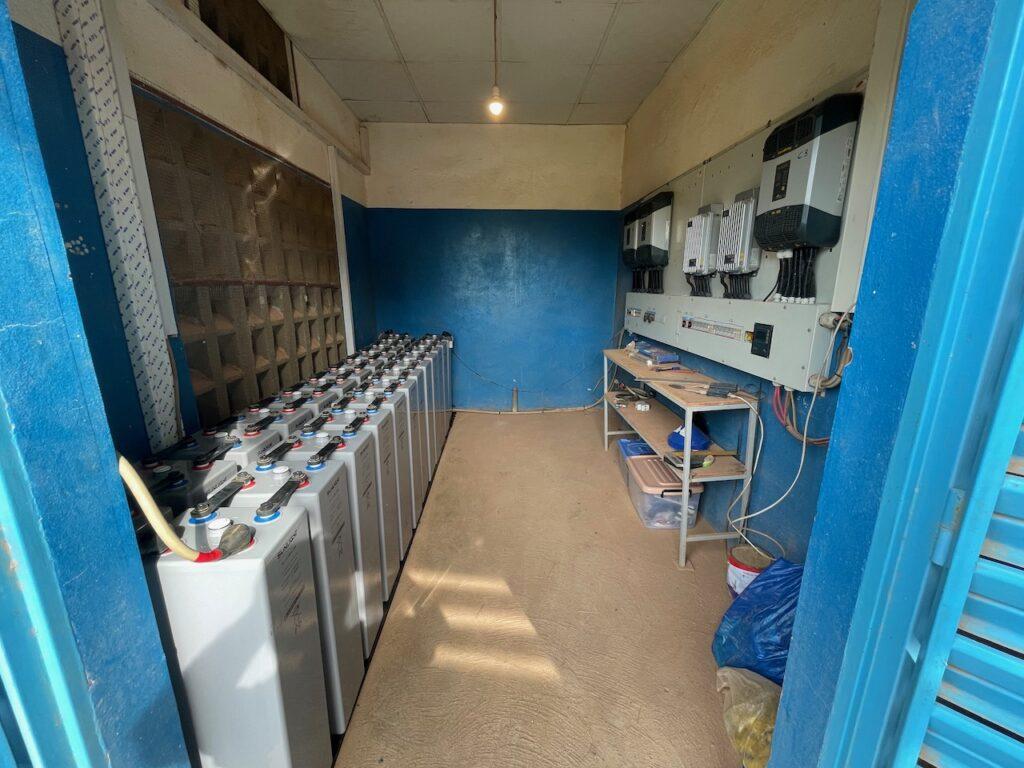
Here are the main ones:
- A 14,000 m2 plot of land completely fenced off and with only one well-guarded entrance
- A 200 square metre building made of standard African construction technology, but with western improvements (see ventilated roof) housing the Kindergarten
- A building constructed with avant-garde architectural criteria (inspired by the works of architect Francis Kerè) houses the first three classes of the Primary School. The other 3 classes to complete the Primary are housed in a recent building opened in 2022.
- A canteen and a first canteen capable of providing 2 meals a day for about 200 kindergarten children
- A second, fully equipped canteen managed by a women’s association for the purpose of preparing lunch for 140 children (Social Cases) from the Primary School
- a large Apatam (thatched canopy) of 160 square metres and a second smaller Apatam of 100 square metres for communal activities
- a well-equipped room that we use both as a rehabilitation centre for children with disabilities and as an infirmary
- A 35-40 m3/day well with a 10,000 litre tank that allows us to distribute 1,500 cans of water per day
- A water purification system suitable for a large community
- A modern and efficient photovoltaic system with a large energy generation and storage capacity that meets all our business needs
- A small but well-equipped guesthouse with 4 beds to accommodate volunteers on mission
- 9 shops facing the street that we rent to local artisans or traders or give on free loan to people with financial difficulties
- Various semi-professional sports facilities and equipment for use by the beneficiaries
- Two sets of community toilets: one serving the Nursery School and one serving the Primary School
- A video surveillance system that records 24×24 7×7 every corner of the Centre to improve security, especially in a context where working with minors.
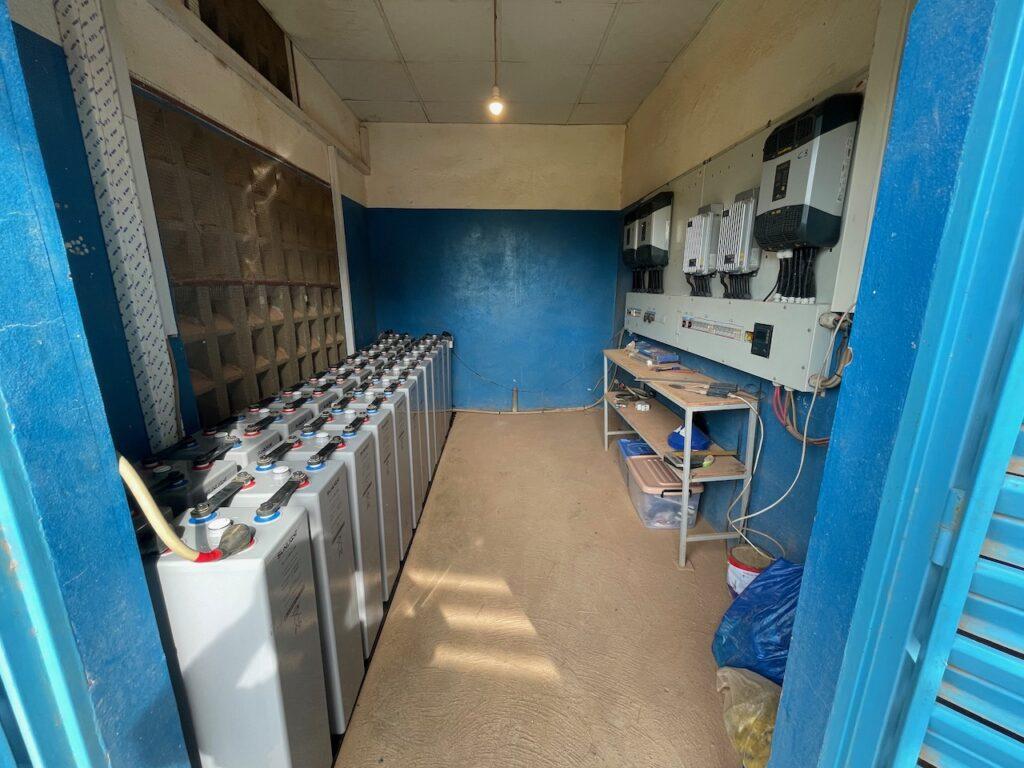
Intangible Assets
It is a fact that, for us cooperation workers, carrying out effective activities in Burkina Faso is very complex. The complexity stems essentially from the great cultural differences between us in the cooperation and the local population to whom we would like to bring our help, but also from the mistrust of the African population with regard to the political choices of western central governments, which are too often only interested in exploiting local wealth rather than helping the population.
In the face of these and other cultural difficulties, we can therefore consider as intangible assets all those good relationships established over time and which make possible, or at least facilitate, our activities. By relationships we mean both those with individual families and those with community leaders as we can list below:
- At least 600 families have benefited from our educational activities since 2013
- Working in an African neighbourhood context, excellent relations with all local community leaders (animists, Muslims, Catholics, Protestants) who are involved in all important decisions are of utmost importance. For example, about 30 new social cases enter our nursery school every year. These are proposed by the community leaders themselves, who know the real needs of the poorest families. Since 2013, more than 250 Social Case families have benefited or are benefiting from our support
- At least 6 women ‘s cooperatives, with a total of 140 women, benefit from microcredit
- A women’s cooperative runs the school canteen at the primary school, which has to provide 140 meals a day
- At the local government level, we have very good relations with the municipal sections ofSocial Action and Education
- At central government level, we have established and fruitful relations with the Central Directorate of Traditional Medicine of the Ministry of Health
Intangible assets are also worth mentioning:
- a group of local managers who at various levels are able to manage the centre even for long periods without the presence of any westerners
- IT facilities facilitating the work of Burkinabe and Italian groups
- an efficient and secure system for managing economic resources (working methods and banks)
- A proven IT system that allows several projects and/or Cost Centres to be kept under management control at the same time
